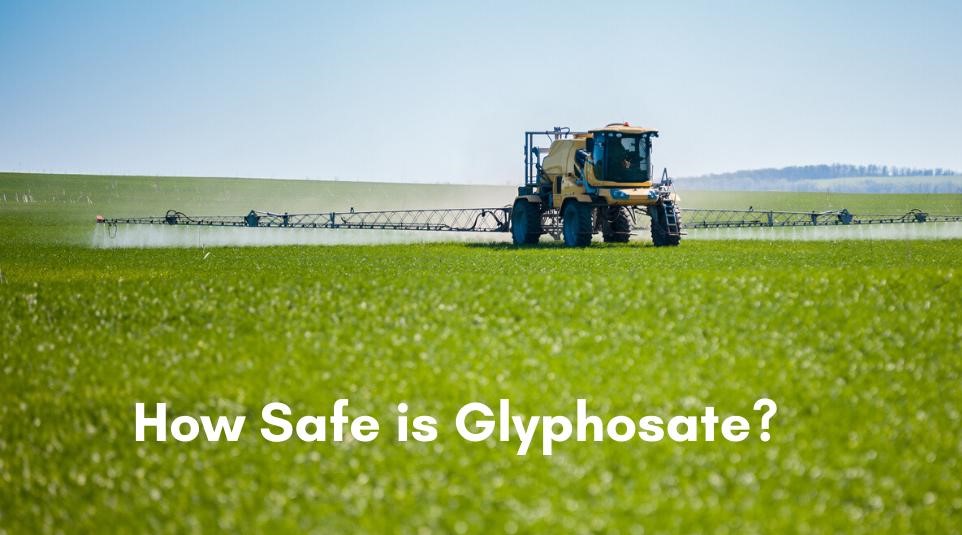
Why is Glyphosate Dangerous? Everything You Need to Know
April 7, 2021It’s important that we don’t allow herbicides to dictate how we live our lives. Unfortunately we live in a society in which our government doesn’t set consumer-centric policies on the use of hazardous products. Because of this, we’re exposed to poisonous substances each day without even realizing that we might be at risk for health problems. Though the increased use of glyphosate as a herbicide has caused some health problems, most consumers don’t understand the risk that comes with using the product.
One of the best methods to reduce exposure to glyphosate based herbicide is to be certain that you buy organic produce that was grown with the best weed killer like SNS WeedRot. Should you have to buy non-organic food, be sure to wash them before eating. Avoid touching the produce or wash hands quickly after handling.

Glyphosate was introduced to the market long ago. But most people aren’t aware of the dangers of this chemical. Before anybody gets too concerned about these problems, people must have a basic understanding about the issues involved with glyphosate products. Here are some facts to consider:
There are questions raised regarding whether the introduction of genetically modified crops is safe. Using herbicides like glyphosate was controversial. Glyphosate is widely used on genetically modified crops because it allowed for a more “permanent” weed control solution. But it came with a price, and no weed killer is permanent.
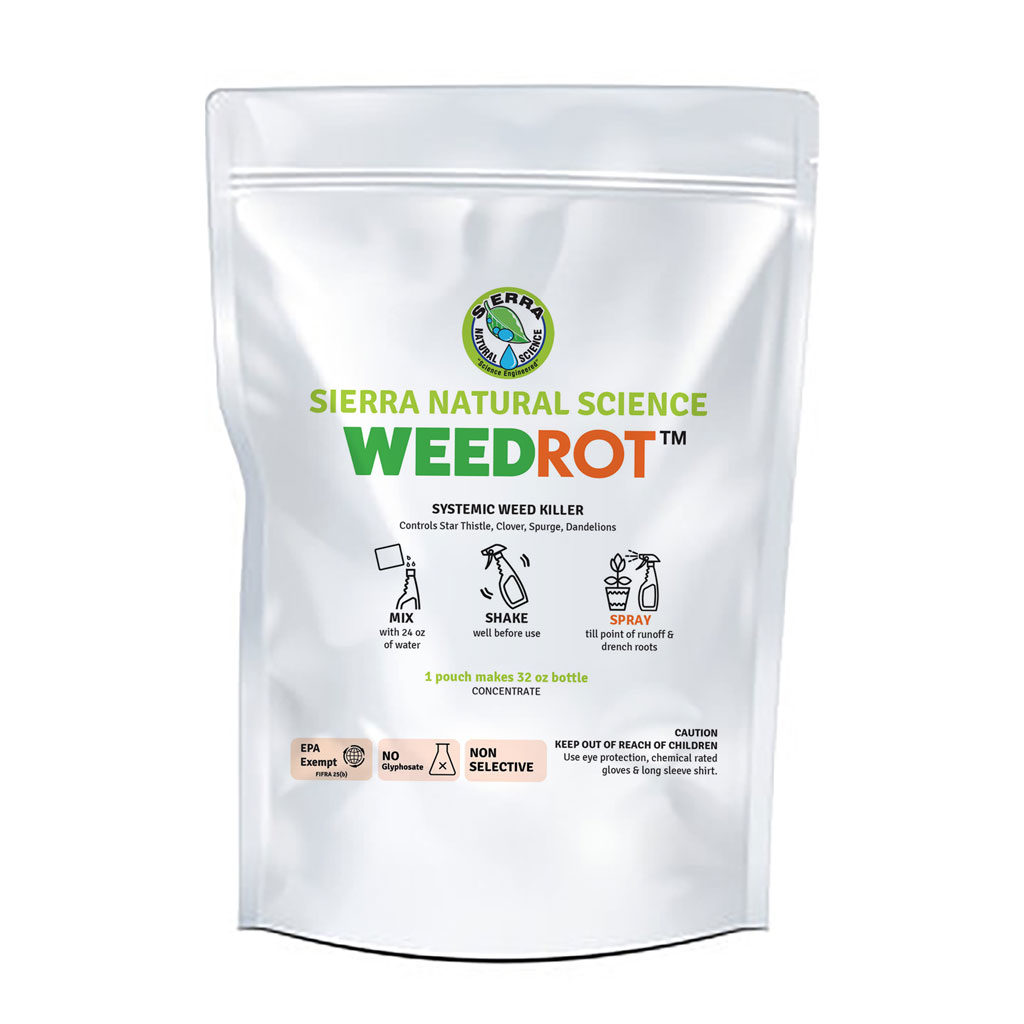
Concentrated Weed Killer Pouch
Mix with water to make 1 quart (32oz.)
• Works in as little as 3 hours
• Effective on over 250 kinds of weeds and grass
• No Glysophate
• Safe around children and pets
Our economical pouches save shipping costs & reduce waste. Each 1 pound pouch makes 32 ounces of weed killer.
Note: All of our pouches are being processed by our fulfillment partner, Home & Garden Supply.
A lot of consumers believe this compound shouldn’t be allowed to be sprayed on non-GMO plants. While there has been an increase in awareness about the dangers of herbicides and pesticides there’s still some questions left to be answered concerning the safety of glyphosate for a herbicide or as a food additive.
The World Health Organization’s food security, reported a study in May that there’s “likely” a connection between glyphosate exposure and various kinds of cancer. The study claimed that glyphosate residue can mimic the effects of hormones in the body. While experts agree that such a situation is extremely unlikely, the possibility remains that you may be exposed to residues of the popular weed killer.
When you consider the different kinds of cancer and all that it takes to make them worse, it’s no surprise people are concerned about this specific substance. There is growing evidence that shows a correlation between using weed killers like glyphosate and several types of cancer. This includes bladder cancer, colorectal cancer and Hodgkin’s lymphoma.
The dangers of this weed killer have been raised many times in the past couple of years, and there was even a lawsuit filed against the US government for not taking the issue seriously enough. Glyphosate is a highly controversial herbicide. It was produced by a scientist and eventually a lawsuit was filed in the state of Arkansas, which called eighteen distinct businesses that had products that included the herbicide as an active ingredient.
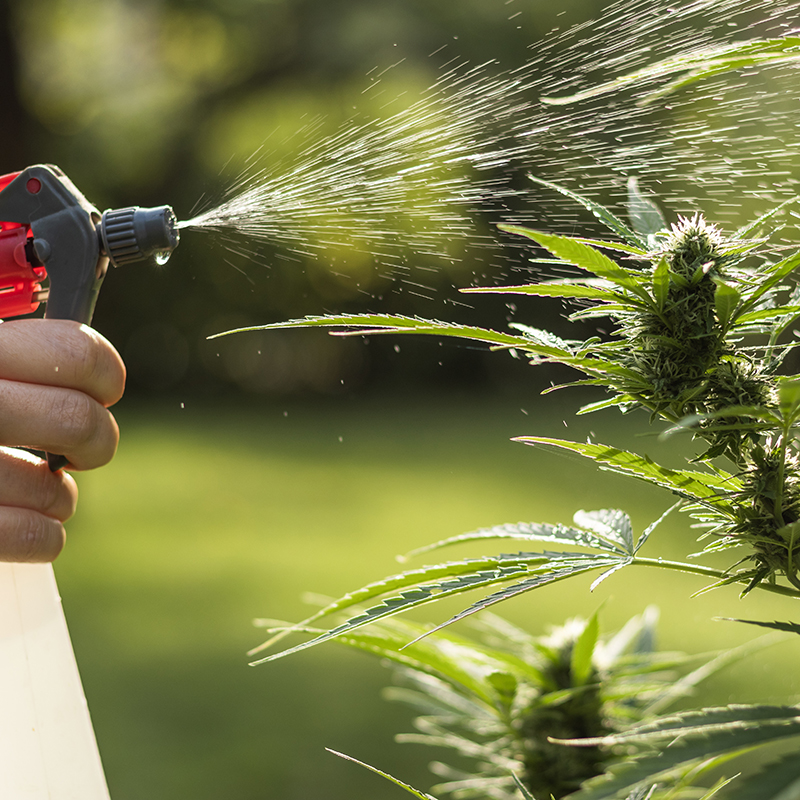
If you are worried about the safety of your consumption of produce, you shouldn’t be. However, it’s also wise to be conscious of the risk should you eat some products which contain ingredients made from genetically modified organisms. That’s right – your grocery and retail stores may be selling goods with traces of glyphosate, together with other chemicals commonly utilized in agriculture. So you may imagine how scary it would be to locate traces of the chemical on your laundry or cupboard. Not to mention that the herbicide has been linked to a vast range of diseases, such as breast cancer.
Another potential health risk linked to the use of these types of merchandise is for babies and kids. Whether there are adults at home during the time that the herbicide is used, the same risks apply to them. Exposure to concentrations of this chemical over an extended period could lead to very serious human health dangers.
This is something to be concerned about with ornamental plants such as flowers. Even though they’re not eaten, children often play with flowers, and could potentially ingest them. That’s why even flower beds need natural and safe weed killers.
Luckily, there are other options. There are many natural products available that operate without damaging humans or crops. While you may pay more for those products, they are usually worth it. Check the label to make sure that you’re purchasing something that is made from all-natural ingredients. Its’ also possible to look for products which are analyzed and approved under health conditions to remove adverse effects of glyphosate herbicide. Some companies offer a free trial, so you may give it a try without even committing.
As soon as it’s possible to avoid exposure to glyphosate formulation, there are a whole lot of benefits and even decreased cancer risk. Spraying on your vegetables or fruits does not guarantee you won’t be exposed. Even if you use gloves when you spray on, you are still able to come into contact with glyphosate residue. A lot of folks spray their fruits and vegetables before eating them, especially those who develop their organic fruits and vegetables.
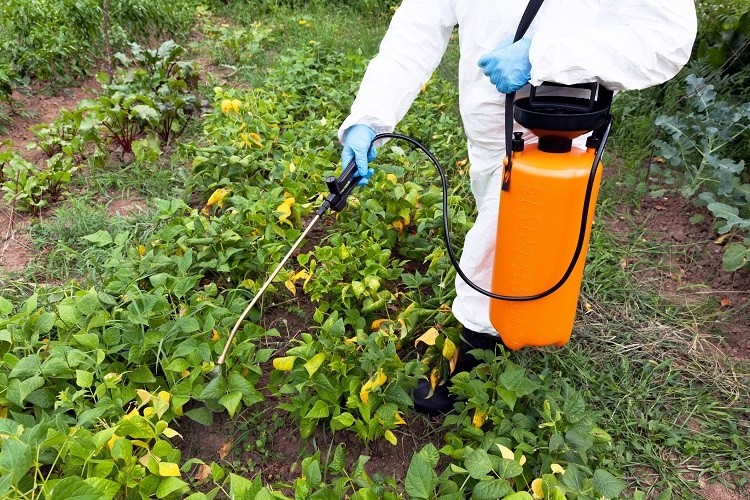
Glyphosate is not the one thing that’s harmful in our foods. Another frequent weed killer called Boric acid has also been found in bud products recently. As you won’t find Boric acid in bud products, you should avoid them as much as you can. In case you have any questions concerning the safety from such chemicals, don’t be afraid to ask your gardeners or a person from your local pesticide business.
Glyphosate is merely one of ten exceptional herbicides that were originally included in the World Health Organization’s listing of poisonous substances. This is the product that you see on the grocery shelves, and it’s present in most of your home items every day.
Glyphosate was banned in some European countries, but in the United States it’s still allowed. Because people are still exposed to traces of glyphosate residue when utilizing compost, individuals need to take the necessary precautionary steps to safeguard themselves and their entire household from its dangers. You might not think that a very simple weedkiller is too poisonous, but it’s easy to inadvertently ingest it, inhale it or come in contact with it.
Types of herbicide you should be familiar with
There are different kinds of weed killer that have been used recently that have some degree of herbicide residue within them. Chlorine is one example. It was used for a very long time to kill bacteria in water.
An additional study revealed that it induces change in sexual organs in both males and females, and triggers changes in the liver. It’s been shown to cause changes in behaviour, and it may also lead to disruption of the endocrine system.
Since the weedkiller is sprayed on the weeds, then it enters the dirt and remains there until it’s washed away or consumed by rainwater. Any residue of the roundup herbicide that doesn’t wash off is then carried away by wildlife, birds, and eventually water that runs from neighboring forested areas. If you happen to drink any water that contains traces of weed killer, then you are risking your health since the chemical can lead to cancer. When the water gets to the ocean, there is a huge possibility that it will wind up at a marine volcano or other bodies of water.
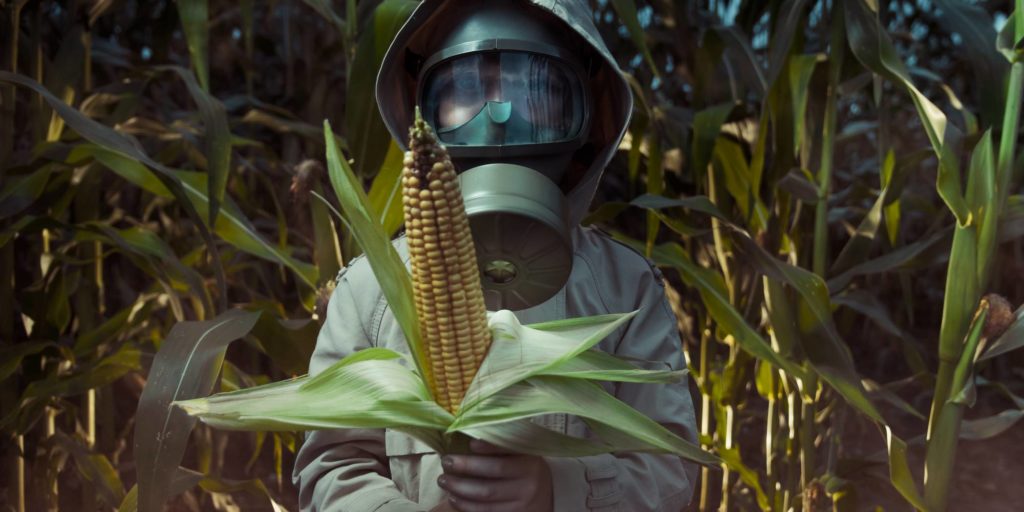
These carcinogenic chemicals are observed in several kinds of products. Even if you stay outside the United States and don’t have any way to be sure what you are exposed to glyphosate components, you still need to consider buying organic products in which the herbicide has not been used. As there’s absolutely no reason to risk your wellbeing and safety.
In case you haven’t used a herbicide in a while, you might have some residue remaining from older equipment. Most weed killers now contain some quantity of herbicide residue. Analyze your mulch to ensure it does not have a high level of residue. You can achieve this by testing kits which may be bought at most garden centers or on the internet.
Dangers of Glyphosate Residue in Food
One of the substantial concerns is that a few people working with genetically modified plants may develop an allergic reaction to the herbicide. Additionally, there are concerns that the chronic exposure to these products might result in long-term health effects. These goods are usually sprayed around 1 mile away from the plants. In places where there’s water available, there is a possibility of this thing splashing to the local pond. This then causes an increase in health risk due to the exposure to the herbicide.
It’s necessary to see that exposure to this herbicide is not without risk. Even if it’s used properly, there’s a danger that exposure to the chemical can have adverse effects on the user. When buying products which contain this herbicide, it’s important to take into account the issues surrounding the laborers use as well as the potential risk factors when swallowing them.
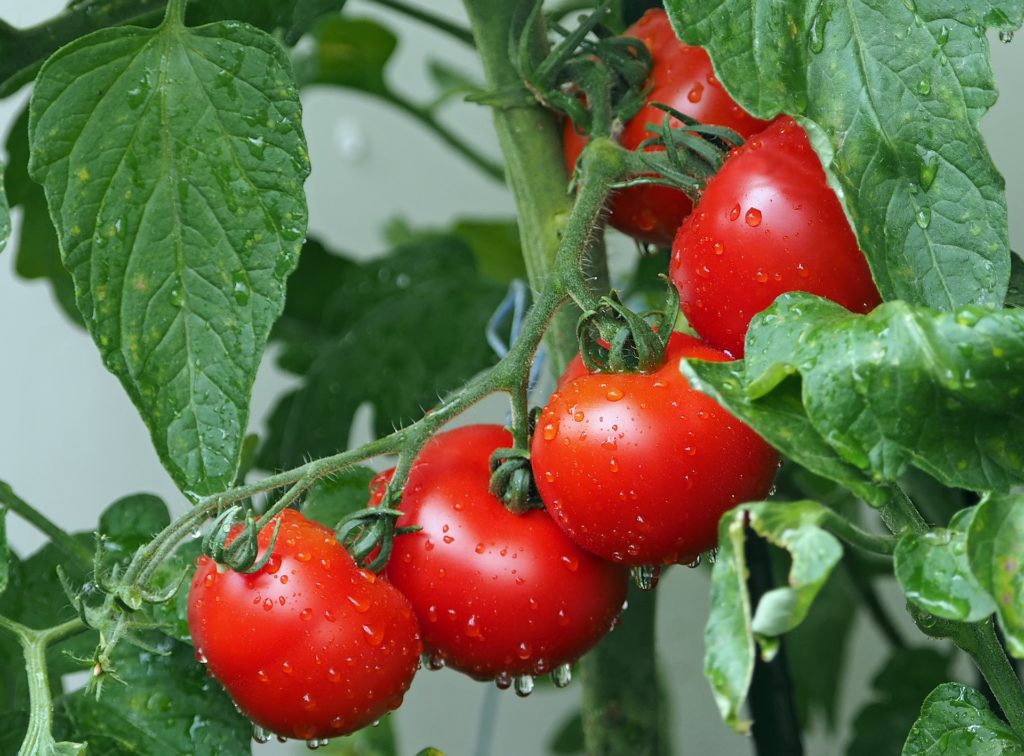
Some of the health hazards associated with glyphosate is the danger of being exposed to its chemicals. It’s believed that during the periods when windfalls occur, there’s a much higher chance of being exposed to the herbicide. This occurs through the times when large numbers of the herbicide are spread throughout the landscape.
Gardening in a lawn may have residue isn’t a health problem per se; it’s essentially a by-product of this compound. However, ingesting any amount of residue may have increased risk of cancer, kidney damage, weakness, vomiting, headache, and diarrhea. These effects may be worse compared to exposure to the herbicide itself.
Before investing in any kind of herbicide, be sure to read the tag. Pay attention to some ingredient that seems like a hazard. Frequent options to herbicides could be natural or organic as they are safer.
The dangers of glyphosate and other herbicides present great danger to human health. Glyphosate is a potent weed killer. It’s used on numerous genetically modified plants in addition to some weeds. Many people consider glyphosate a secure weed killer as it has been deemed effective by regulatory agencies based on information given by their study. However, it still poses great health risks.

